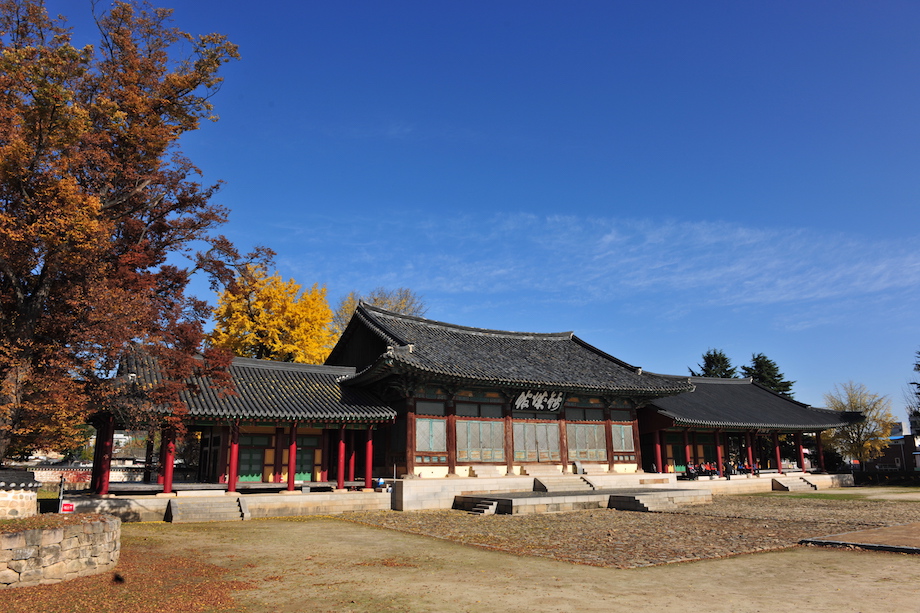친구들이 지난번에 우빈 씨 집에서 먹은 김치찌개가 참 맛있었다고 했어요. 비결이 뭐예요?
Mr. Woobin, my friends told me that the Kimchi stew they ate at your house last time was really delicious. What is the secret?
특별한 비결은 없어요. 우리 어머니께서 담가 주신 김치로 만들어서 맛있었을 거예요.
There is no special secret. It must have been delicious because I cooked it with Kimchi that my mother made for me.
그렇군요. 저는 가끔 마트에서 김치를 사서 김치찌개를 끓이는데 별로 맛이 없었어요.
It is so. Sometimes I buy Kimchi at supermarkets and I use it for boiling Kimchi stew. But it doesn’t taste good.
김치가 맛있어야 김치찌개가 맛있는 것 같아요.
Delicious Kimchi makes delicious Kimchi stew.
맞아요. 김치 맛이 제일 중요해요.
Yes, you’re right. The taste of Kimchi is the most important.
그리고 저는 먼저 김치를 좀 볶은 후에 물을 붓고 끓여요. 그럼 더 맛있는 것 같아요.
And I first stir-fry Kimchi a little bit and then pour some water and boil. Then it tastes more delicious.
V/A+ 었/았/였다고 해요(했어요).
It is an expression of indirect speech for ‘V/A+ 었/았/였습니다.‘, and ’V/A+ 었어요/았어요/였어요‘ in a declarative sentence. The short form is ‘V/A+ 었대요/았대요/였대요.’.
오늘 결혼한 두 사람은 고등학교 다닐 때부터 사귀었다고 해요.
They say the two who got married today started to date when they were in high school.
사람들이 저는 엄마보다 외할아버지를 많이 닮았다고 해요.
People say that I look more like my grandfather on my mother’s side than my mother.
우리 엄마가 우리 아빠는 젊었을 때 운동을 잘했다고 했어요.
My mother told me that my father was good at sports when he was young.
Related words
김치찌개 Kimchi stew
비결 a secret
붓다 to pour
외할아버지 a grandfather on mother’s side

Source: Yonsei University. Korean Language Institute
